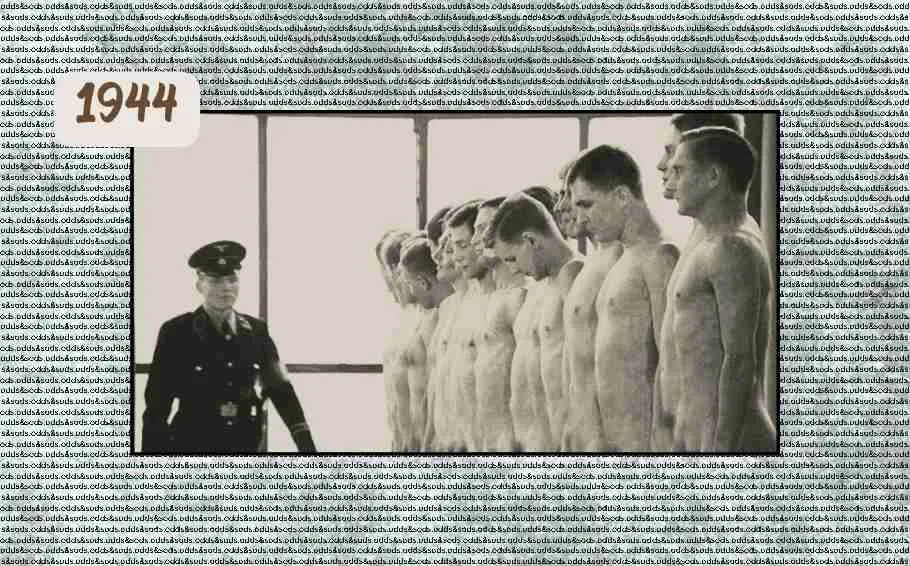The echoes of historical antigay propaganda reverberate across time, as a striking reminder of how prejudice can be manipulated for political gain. Amid the turmoil of World War II, the Nazi regime resorted to outlandish claims, accusing their enemies of homosexuality to incite moral outrage. In July 1944, as the Third Reich faced mounting pressure from advancing Allied forces, a piece in the Adelaide Mail took a sensationalist turn by suggesting Hitler was conscripting young boys for his troops, attributing sinister motives to the situation. This case of calculated misinformation draws parallels to modern-day antigay rhetoric, highlighting the persistent struggle against discrimination.
The article in question spotlighted the Marquess of Donegall’s assertion that Hitler’s recruitment of young boys was motivated by “immoral purposes,” tapping into existing fears and prejudices about homosexuality. The claim, though rooted in misinformation, underscored the depths to which antigay sentiment can be weaponized to further a political agenda. This tactic is not unfamiliar, as throughout history, nations have wielded allegations of homosexuality as a means of vilifying enemies.
It’s worth noting that Prussia, often depicted as the “homosexual nation,” saw a complex interplay of LGBTQ identities and history. The Marquess’s attempt to tarnish Prussia’s image serves as a reminder of how antigay propaganda has exploited and distorted cultural nuances. Moreover, this episode underscores the persistence of this tactic, with similar rhetoric continuing to emanate from right-wing ideologues across the globe.
As we reflect on the past, we must remain vigilant against the perpetuation of antigay propaganda in modern times. The historical parallels serve as a stark reminder that the fight for LGBTQ rights is an ongoing struggle, one that demands constant awareness and resilience. Just as the antigay propaganda of the past resurfaces, the battle against discrimination and misinformation persists in contemporary society—a testament to the importance of unwavering advocacy for equal rights and understanding.

